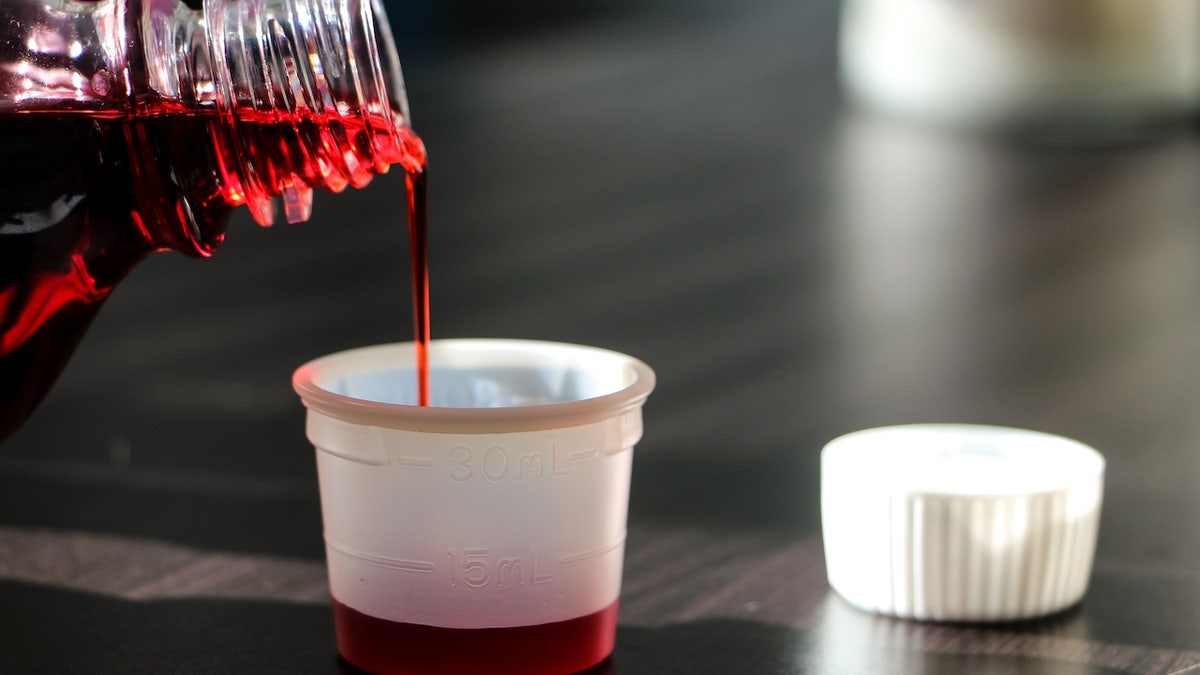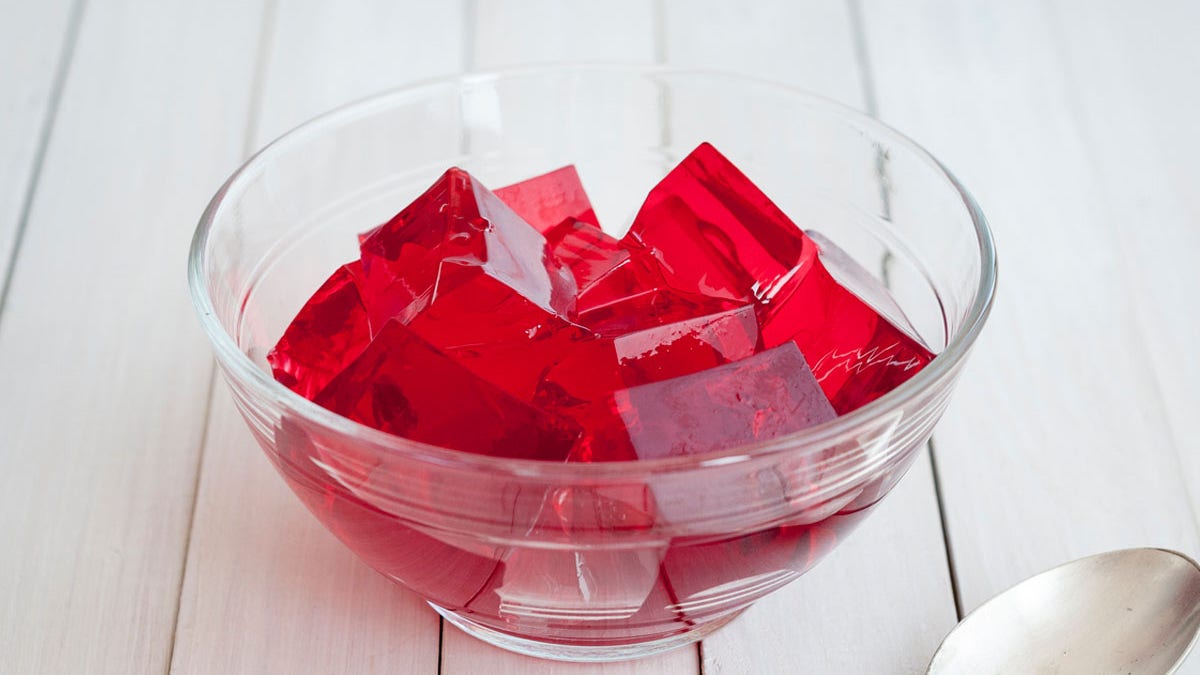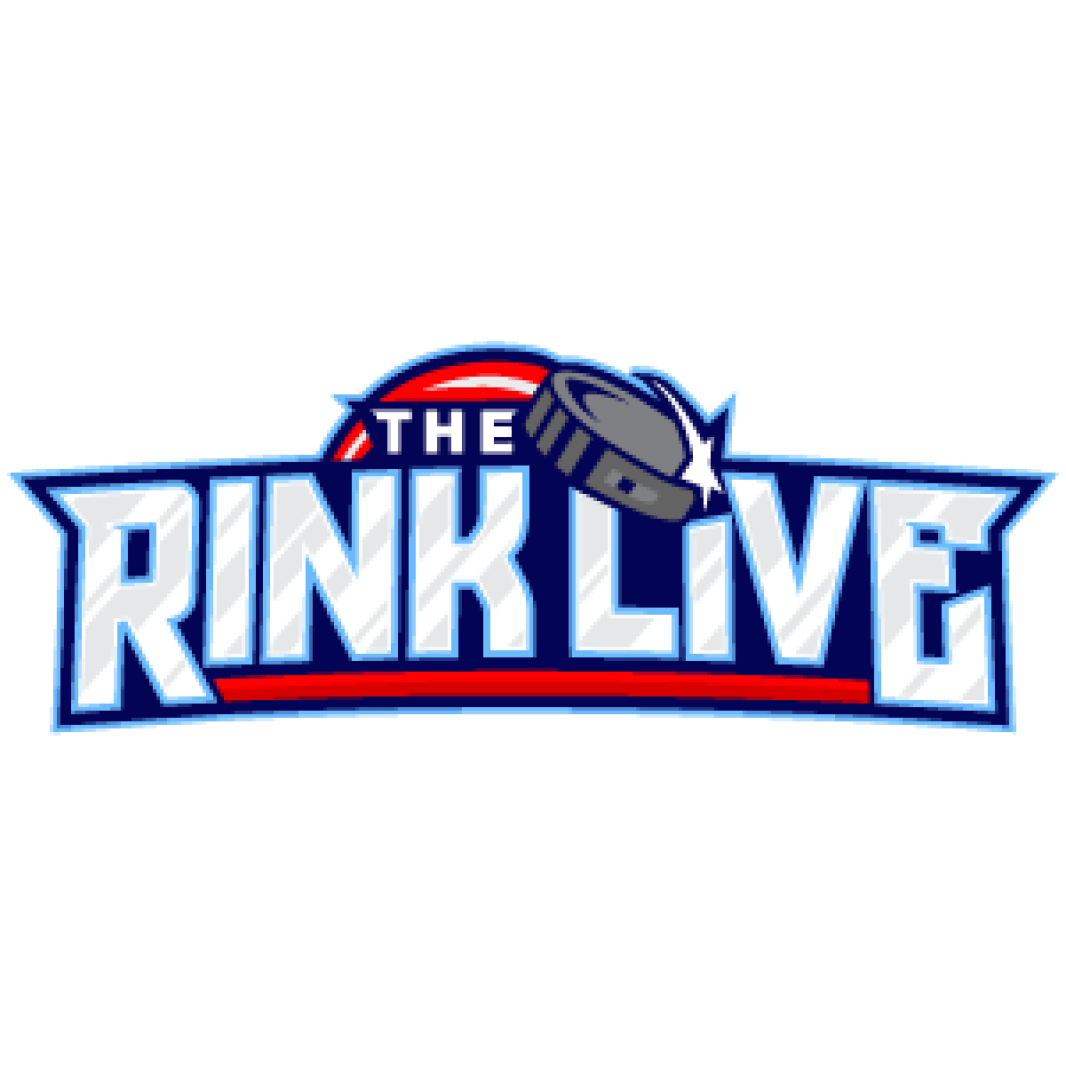Health
Pharmacists agree supplement Prevagen is their top pick for memory support*

Maintaining a sharp mind is a top priority for John, a pharmacist in Ohio.
But at age 54, John knows his faculties aren’t a lifelong guarantee. Research shows that subtle but steady declines in cognition can begin any time after age 30, due in part to changes in brain structure.
“As a part of the normal aging process, you hear that your memory can sometimes start to slip a little bit, and we wanted to try to fend that off the best way that we could,” John says.
So, in addition to a healthy diet and regular exercise including walks with his chihuahua-dachshund mix and pickleball games, John started taking Prevagen, a memory-support supplement, about two years ago after noticing it on a commercial and looking into the research himself. He’s glad he did.
“I feel that the Prevagen is helping me with overall clarity,” says John, whose wife, Sherry, takes it too. “Prevagen has definitely helped us in our normal, everyday activities.”
The power of a protein found in jellyfish
Prevagen is an over-the-counter memory-support supplement intended for adults with mild memory loss associated with aging. Users take just one daily pill, which are sold in both regular and extra strength. A chewable is available, too.
Prevagen’s trademark ingredient, apoaequorin, is a protein originally found in a species of jellyfish that’s been shown to support the brain. The supplement also contains vitamin D, which supports brain function.
In one clinical trial, researchers gave adults with some concern about their memories either 10 milligrams of apoaequorin or an identical-looking capsule filled with rice flour. Neither the study participants nor the facilitators knew who was on the supplement versus the placebo.
The participants took a battery of tests that evaluated various aspects of cognition related to memory. When researchers compared their initial results with those after three months on the pills, they found that subgroups including around 100 people with normal cognitive aging or very mild cognitive impairment improved significantly more on apoaequorin than on a placebo. (As a dietary supplement, Prevagen is not suitable or intended for treatment of any disease including dementia or Alzheimer’s.)
“I read the clinical study myself, and decided that I was going to try Prevagen,” John says.
A go-to among pharmacists nationwide
John is not the only pharmacist to take note of Prevagen. For the fifth year in a row, thousands of pharmacists surveyed by the Pharmacy Times named it the top-recommended supplement for memory support in 2023. Specifically, 48% of the providers said they recommended Prevagen most often; the second-most recommended memory supplement received only 15% of their votes.
“The interest in self-care continues to be strong and OTC products play a key role in people’s focus on managing their own well-being,” Pharmacy Times Vice President Gil Hernandez said. “The OTC Guide gives consumers a trustworthy resource to support their self-care, as pharmacists themselves are among our most relied upon healthcare professionals.”
Like all supplements, Prevagen is not approved by the US Food and Drug Administration. Third parties including NSF, a highly-respected independent certification organization, have confirmed Prevagen is manufactured rigorously, contains what it says it does, and contains safe ingredients in normal amounts.
That’s good enough for John – and his customers. “If you’re concerned about memory support, I recommend Prevagen,” he says. “It’s safe, doesn’t require a prescription, and it works for me.”
These statements have not been evaluated by the Food and Drug Administration. This product is not intended to diagnose, treat, cure, or prevent any disease. Testimonialists are compensated for their time.
*Based on Pharmacy Times Survey 2023-2024

Health
Treating Other Diseases With Ozempic? Experts Weigh In | Woman's World

Sign Up
Create a free account to access exclusive content, play games, solve puzzles, test your pop-culture knowledge and receive special offers.
Already have an account? Login
Use left and right arrow keys to navigate between menu items.
Use escape to exit the menu.
Health
FDA bans red food dye due to potential cancer risk

FDA looks to ban red food dye
Celebrity fitness trainer Jillian Michaels joins ‘Hannity’ to discuss the possibility of the FDA banning red food dye.
The U.S. Food and Drug Administration (FDA) has officially banned red dye — called Red 3, or Erythrosine — from foods, dietary supplements and ingested medicines, as reported by the Associated Press on Wednesday.
Food manufacturers must remove the dye from their products by January 2027, while drug manufacturers will have until January 2028 to do so, AP stated.
Any foods imported into the U.S. from other countries will also be subject to the new regulation.
RED FOOD DYE COULD SOON BE BANNED AS FDA REVIEWS PETITION
“The FDA is taking action that will remove the authorization for the use of FD&C Red No. 3 in food and ingested drugs,” said Jim Jones, the FDA’s deputy commissioner for human foods, in a statement.
The U.S. Food and Drug Administration has officially banned red dye — called Red 3, or Erythrosine — from foods, dietary supplements and ingested medicines (iStock)
“Evidence shows cancer in laboratory male rats exposed to high levels of FD&C Red No.3,” he continued. “Importantly, the way that FD&C Red No. 3 causes cancer in male rats does not occur in humans.”
The synthetic dye, which is made from petroleum, is used as a color additive in food and ingested drugs to give them a “bright cherry-red color,” according to an online statement from the FDA.

Food manufacturers must remove the dye from their products by January 2027, while drug manufacturers will have until January 2028 to do so. (iStock)
The petition to ban the dye cited the Delaney Clause, which states that the agency cannot classify a color additive as safe if it has been found to induce cancer in humans or animals.
The dye was removed from cosmetics nearly 35 years ago due to potential cancer risk.
CLICK HERE TO SIGN UP FOR OUR HEALTH NEWSLETTER
“This is a welcome, but long overdue, action from the FDA: removing the unsustainable double standard in which Red 3 was banned from lipstick but permitted in candy,” said Dr. Peter Lurie, director of the group Center for Science in the Public Interest, which led the petition effort, as reported by AP.

Nearly 3,000 foods are shown to contain Red No. 3, according to Food Scores, a database of foods compiled by the Environmental Working Group. (iStock)
Dr. Marc Siegel, clinical professor of medicine at NYU Langone Health and Fox News senior medical analyst, applauded the FDA’s ban.
“It was a long time coming,” he told Fox News Digital. “It’s been more than 30 years since it was banned from cosmetics in the U.S. due to evidence that it is carcinogenic in high doses in lab rats. There needs to be a consistency between what we put on our skin and what we put into our mouths.”
“There needs to be a consistency between what we put on our skin and what we put into our mouths.”
Siegel said he believes the FDA’s decision could be tied to the incoming new head of the Department of Health and Human Services, Robert F. Kennedy Jr.
“They knew it would have happened anyway under RFK Jr.,” he said. “It is already banned or severely restricted in Australia, Japan and the European Union.”

The food additive also “drew kids in” to a diet of empty calories and ultraprocessed foods, one doctor stated. (iStock)
The food additive also “drew kids in” to a diet of empty calories and ultraprocessed foods, Siegel added.
“It has also been linked to behavioral issues in children, including ADHD.”
Nearly 3,000 foods are shown to contain Red No. 3, according to Food Scores, a database of foods compiled by the Environmental Working Group.
For more Health articles, visit www.foxnews.com/health
The National Confectioners Association provided the below statement to Fox News Digital.
“Food safety is the number one priority for U.S. confectionery companies, and we will continue to follow and comply with FDA’s guidance and safety standards.”
The petition to remove Red No. 3 from foods, supplements and medications was presented in 2022 by the Center for Science in the Public Interest and 23 other organizations and scientists.
Health
How Yvette Nicole Brown Lost Weight and Got Her Diabetes Under Control

Sign Up
Create a free account to access exclusive content, play games, solve puzzles, test your pop-culture knowledge and receive special offers.
Already have an account? Login
Use left and right arrow keys to navigate between menu items.
Use escape to exit the menu.
-
/cdn.vox-cdn.com/uploads/chorus_asset/file/25822586/STK169_ZUCKERBERG_MAGA_STKS491_CVIRGINIA_A.jpg)
/cdn.vox-cdn.com/uploads/chorus_asset/file/25822586/STK169_ZUCKERBERG_MAGA_STKS491_CVIRGINIA_A.jpg) Technology1 week ago
Technology1 week agoMeta is highlighting a splintering global approach to online speech
-

 Science6 days ago
Science6 days agoMetro will offer free rides in L.A. through Sunday due to fires
-
/cdn.vox-cdn.com/uploads/chorus_asset/file/23935558/acastro_STK103__01.jpg)
/cdn.vox-cdn.com/uploads/chorus_asset/file/23935558/acastro_STK103__01.jpg) Technology6 days ago
Technology6 days agoAmazon Prime will shut down its clothing try-on program
-

 News1 week ago
News1 week agoMapping the Damage From the Palisades Fire
-

 News1 week ago
News1 week agoMourners Defy Subfreezing Temperatures to Honor Jimmy Carter at the Capitol
-
/cdn.vox-cdn.com/uploads/chorus_asset/file/25826211/lorealcellbioprint.jpg)
/cdn.vox-cdn.com/uploads/chorus_asset/file/25826211/lorealcellbioprint.jpg) Technology6 days ago
Technology6 days agoL’Oréal’s new skincare gadget told me I should try retinol
-
/cdn.vox-cdn.com/uploads/chorus_asset/file/25832751/2192581677.jpg)
/cdn.vox-cdn.com/uploads/chorus_asset/file/25832751/2192581677.jpg) Technology2 days ago
Technology2 days agoSuper Bowl LIX will stream for free on Tubi
-

 Business4 days ago
Business4 days agoWhy TikTok Users Are Downloading ‘Red Note,’ the Chinese App














